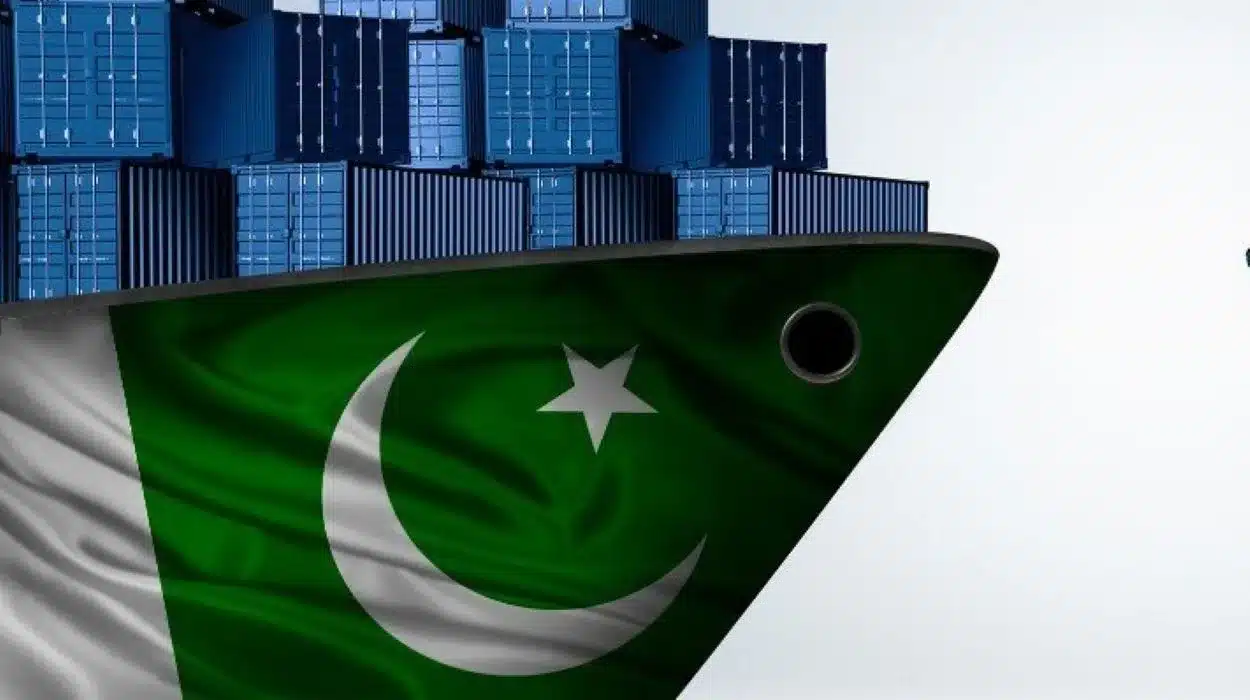Pakistan has introduced its new Industrial Policy for 2025, which aims to expand exports and attract investment. A central component of this plan is the removal of cross-subsidies on industrial power and gas tariffs. This change is expected to lower costs for manufacturers and enhance the competitiveness of exports.
The policy introduces a unified insolvency law, making the process for businesses to restructure and recover simpler. This change aims to reduce costs and enhance efficiency for companies facing financial difficulties.
In addition, Pakistan’s Industrial Policy 2025 protects industrialists from direct interference by agencies such as NAB, FIA, and FBR. Amendments to the SECP Act require law enforcement to get approval before acting on regulated entities, including stock exchanges and insurance companies. This step enhances investor confidence and ensures a safer business environment.
Read: Pakistan and US Sign MoUs to Boost Critical Minerals and Economic Ties
The Federal Board of Revenue will expedite the processing of refunds, including those for sales tax and customs rebates, to clear backlogs and support exporters. Exporters will be subject to the same minimum tax as other businesses, with quarterly tax collections expected to resume once the IMF program concludes. Audits for exporters will occur less frequently, taking place every three years.
The Ministry of Commerce plans to launch a Drawback of Local Taxes and Levies (DLTL) scheme to further assist exporters, pending cabinet approval.
This comprehensive strategy aims to revive Pakistan’s industrial sector, making it more dynamic and globally competitive. By streamlining costs, simplifying tax rules, and protecting investors, Pakistan seeks to boost economic growth and jobs.






